NFT marketplaces have varying levels of authentication and verification processes. Some platforms have lax procedures that are easier to complete. Naturally, these platforms tend to have more NFT artists and more NFT collections listed. Other platforms have stricter authentication processes. While it may be harder for artists to access these platforms, they often provide better protection against NFT scams. Similarly, platforms with tougher verification processes are less likely to have counterfeited artworks that infringe on intellectual property.
Documentation
⌘K
- Complete NFT Course
- OpenSea: A Step-by-Step Guide to Understanding It
- OpenSea is the first and largest general marketplace for trading non-fungible tokens (NFTs).
- What Are NFTs and How Did They Get So Popular?
- What Are dApps?
- What Is OpenSea?
- How does it work?
- How to use it
- Listing Your NFT
- Search Options to Discover NFTs
- Making an Offer
- Purchasing an NFT
- Locating Your NFTs on OpenSea
- Analytics for Sellers
- The proliferation of NFT clones
- Exploitation through the use of bots
- Phishing Attacks
- Our Conclusion
- OpenWord’s Anti-Plagiarism System
- OpenWord.io Monetizing Text Content in the Web3 World
- Home
- Documentation
- Complete NFT Course
- NFT Marketplaces
- Choosing the Ideal NFT Ma...
- Authentication Processes


